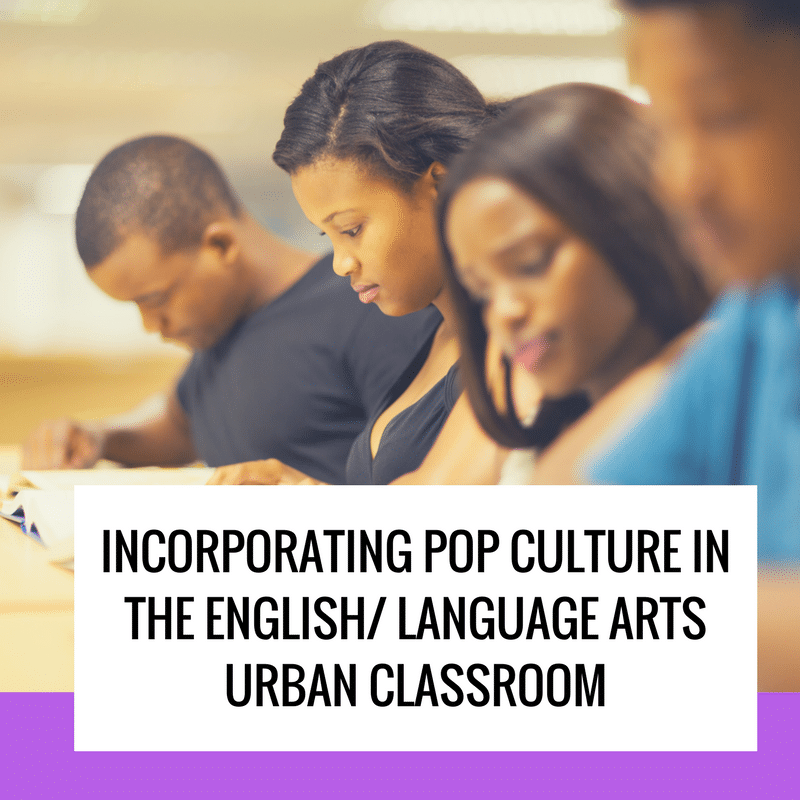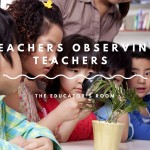Yesterday was the 18th anniversary of the untimely death of Hip Hop Giant Notorious B.I.G. Looking back at this moment in pop history, I still remember what it was like in 1997 when I was a senior in high school learning that one of my favorite rappers was dead. My AP Literature class was abuzz with rumors of what happened in Los Angeles the night before and not on writing our portfolio piece in our text for the month, The Poisonwood Diaries. Despite our cultural differences we quietly theorized if Christopher Wallace’s (aka B.I.G) murder was anyhow connected to his arch-enemy and other murdered icon, Tupac Shakur. All period we frantically whispered our theories and when the bell rang we left the room still in disbelief. We rationalized this must have been what our parents felt like when Marvin Gaye or John Lennon was killed when they were in high school.
While that moment was 18 years ago, I still smile knowing that my teacher had no clue about who Notorious B.I.G was, but she knew it must be important to us and she allowed us to guide our conversation that cold March day.
Fast forward to 2015 and our students are constantly inundated with pop culture events due to Twitter, Instagram, Facebook and other social media channels. No longer do kids have to wait on the evening news to learn about why a popular fraternity was suspended from the campus of the University of Oklahoma. Instead, they can log into Instagram, view the video and leave a message speaking directly to the fraternity and/or persons allegedly involved. This accessibility to the news has changed the way I teach and how I relate current events to my class.
[bctt tweet=”Many of my students would rather skip school then learn about some old guy (their words not mine) that’s nothing like them.” username=””]
Our students’ love for pop culture is a critical peek into what we can do to further engage our students in the content- especially in many of our urban schools where students are acutely disconnected to the content. Many of my students would rather skip school then learn about some old guy (their words not mine) that’s nothing like them. Rather than be frustrated with trying to make sure students understood the relevancy of “Romeo and Juliet,” I decided to connect the content to their lives. So when studying the Shakespearean classic, we explored the phenomenon of child brides across the world and the threat of gang violence in America -along with the normal curriculum connected with the story of Romeo and Juliet.
The result was that not only was the curriculum far more interesting for them, but it was easier to mask what we were doing for “fun” into activities that made my students write, read, think and discuss literature through a critical lens.
In 2015 in my role as an Instructional Coach, I try to encourage strategies for teachers to engage students using pop culture. Some of the strategies I used came from me being a product of not only the hip-hop culture but being a student who grew up during a time that I lived and breathed popular culture. So as I remembered dancing to “Hypnotize” and my mother giving me a disapproving look, I remember all of the good times that I was able to successfully incorporate my love for pop culture into strategies that engaged all students such as:
-It was standard in my class to use rap lyrics (old school-think RunDMC) to teach rhyme scheme in poetry and then connect what we learned to Shakespearean sonnets.
-In class we had spirited debates by having students compare the events of the Salem Witch Trial and “The Crucible” to modern day events such as the blacklisting of teachers and the “Birther Myth” regarding President Barack Obama’s birthplace.
-Before the conception of the argumentative essay, it was standard for all my students to create an argument about the most influential musician of their time and use text (music lyrics, magazine articles, interviews, etc.) to defend their answer using MLA style to write their essay.
-In teaching concepts like characterization, students created versions of The Real World, but in the time period of the literature we were reading. You should have heard the conversations as students created a reality show based around the characters in Their Eyes Were Watching God and I Know Why the Caged Bird Sings.
-With the theme of argument apparent in everything that I did in the classroom, the kids laughed when I made them analyze infamous monologues from “Hamlet” and “Oedipus Rex” and compare and contrast them to modern speeches given by world leaders on current events.
-Students almost rioted when we dissected Elie Wiesel’s Nobel Prize Acceptance Speech and examined the claims made by people who believe the Holocaust never happened.
-During the 2008 elections, students were given a research assignment that required students to research a presidential candidate and have a mock debate in class based on the candidates platform. Students were expected to not just research their candidate, but to also watch any (and all) coverage of the elections.
-However despite all of the fun “work” we did, my favorite unit was always when I was able to incorporate my love for the Notorious BIG and Tupac Shakur into my lesson on rhetoric and media.
All of my strategies took years to not only implement with fidelity, but it also made me cognizant about what was happening in the world my students lived. Anytime I tried to discuss something I happened to catch on the television before coming to work, they would “call me out” and laugh at my attempts to be cool. So I made sure that I knew more about a subject than them and then throughout our work in class they took ownership of their learning.
As we end the day remembering Christopher Wallace, I implore teachers to think about how to connect curriculum to their students. For me using pop culture, students not only learned the curriculum but they started to understand that everything in life is connected to something they know about- whether they realize it or not. Or in the words of Wallace, “it was all a dream, I used to read Word Up! Magazine!”




